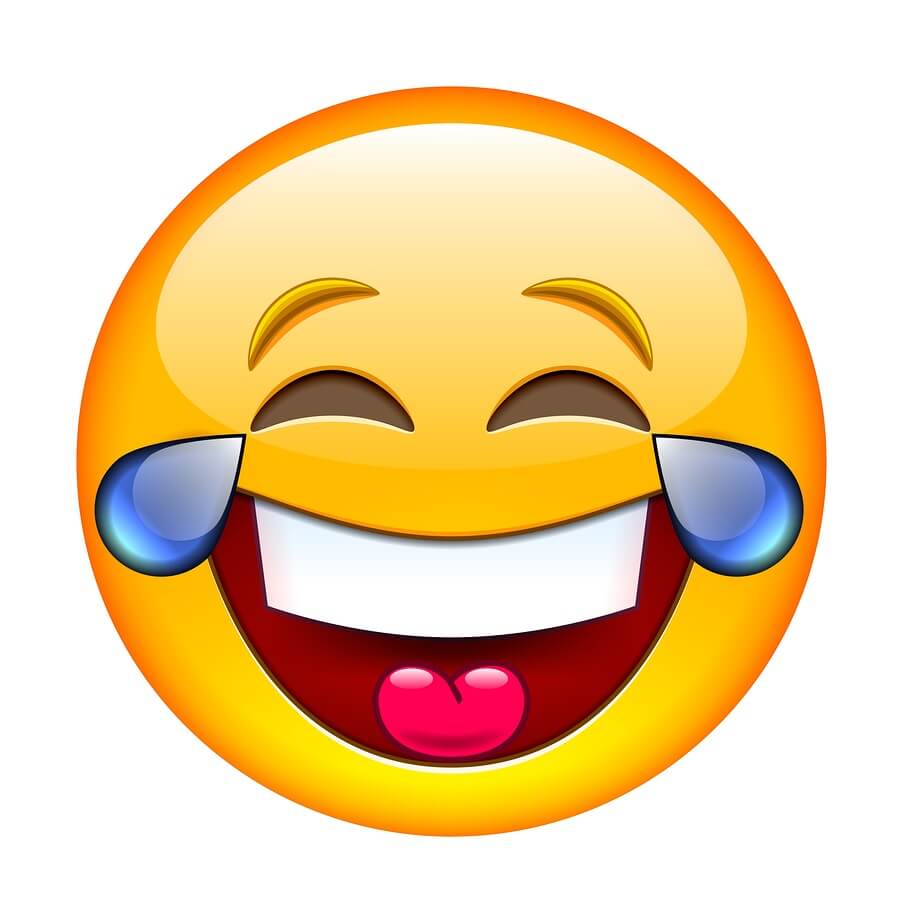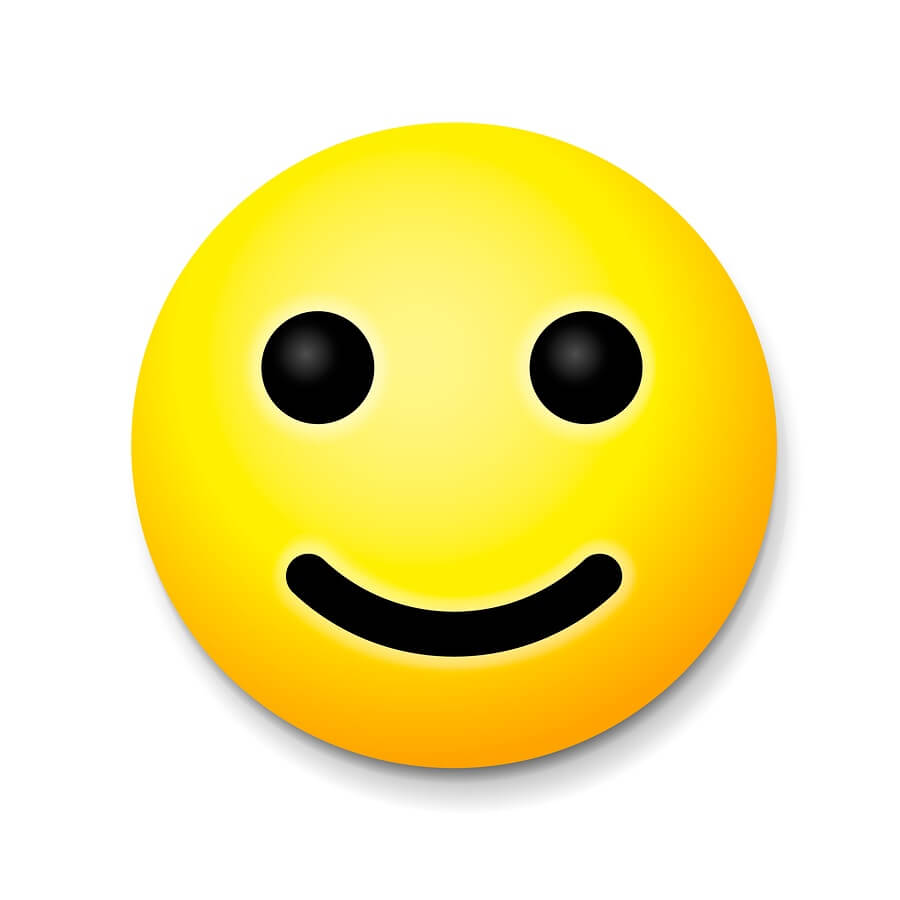The Impressive, Expressive Emoji
Updated June 26, 2020 |
Infoplease Staff


 Related Links |
Did you know the laughing tears of joy emoji won Oxford Dictionary's "Word of the Year" in 2015? It was the first time a non-word has won top honors.
Fun Facts
 Adding new emoji to the encoding standard is a formal process and can take more than two years.
Adding new emoji to the encoding standard is a formal process and can take more than two years. The Unicode Consortium provides a code and a representative glyph, but the final appearance of each emoji is determined by each vendor (that's why the emoji you send to your friend's iPhone looks different on your Samsung).
The Unicode Consortium provides a code and a representative glyph, but the final appearance of each emoji is determined by each vendor (that's why the emoji you send to your friend's iPhone looks different on your Samsung). July 17 is World Emoji Day. That is the day pictured on the iOS Calendar emoji. But no matter what calendar you use, you can join in the celebration on Twitter, Instagram or Facebook using the hashtag #WorldEmojiDay.
July 17 is World Emoji Day. That is the day pictured on the iOS Calendar emoji. But no matter what calendar you use, you can join in the celebration on Twitter, Instagram or Facebook using the hashtag #WorldEmojiDay. Check out the most popular emoji trending on Twitter: emojitracker. Be sure to sign off on the epilepsy warning!
Check out the most popular emoji trending on Twitter: emojitracker. Be sure to sign off on the epilepsy warning! Emoticons are not the same as emoji! As explained by the Unicode consortium, they are kind of like cousins: "Emoticons (from "emotion" plus "icon") are specifically intended to depict facial expression or body posture as a way of conveying emotion or attitude in e-mail and text messages. They originated as ASCII a standard way of representing numbers and letters in a computer file so that they can be read by most computers character combinations such as :-) to indicate a smile-and by extension, a joke-and :-( to indicate a frown." There is some debate as to the earliest known use of punctuation-as-feelings (1862 speech by Abraham Lincoln perhaps? Or even, possibly, a poem by Robert Herrick in 1648?), but the first explicit use, and subsequent adoption, must be credited to Scott E. Fahlman of Carnegie Mellon University in 1982. In an attempt to clarify meaning and intent of posts on a digital message board, his :-) came with instructions, "Read it sideways."
Emoticons are not the same as emoji! As explained by the Unicode consortium, they are kind of like cousins: "Emoticons (from "emotion" plus "icon") are specifically intended to depict facial expression or body posture as a way of conveying emotion or attitude in e-mail and text messages. They originated as ASCII a standard way of representing numbers and letters in a computer file so that they can be read by most computers character combinations such as :-) to indicate a smile-and by extension, a joke-and :-( to indicate a frown." There is some debate as to the earliest known use of punctuation-as-feelings (1862 speech by Abraham Lincoln perhaps? Or even, possibly, a poem by Robert Herrick in 1648?), but the first explicit use, and subsequent adoption, must be credited to Scott E. Fahlman of Carnegie Mellon University in 1982. In an attempt to clarify meaning and intent of posts on a digital message board, his :-) came with instructions, "Read it sideways." The current emoji list can be found on the Unicode Consortium website.
The current emoji list can be found on the Unicode Consortium website.
.com/science/computers/emoji-fun-facts.html







